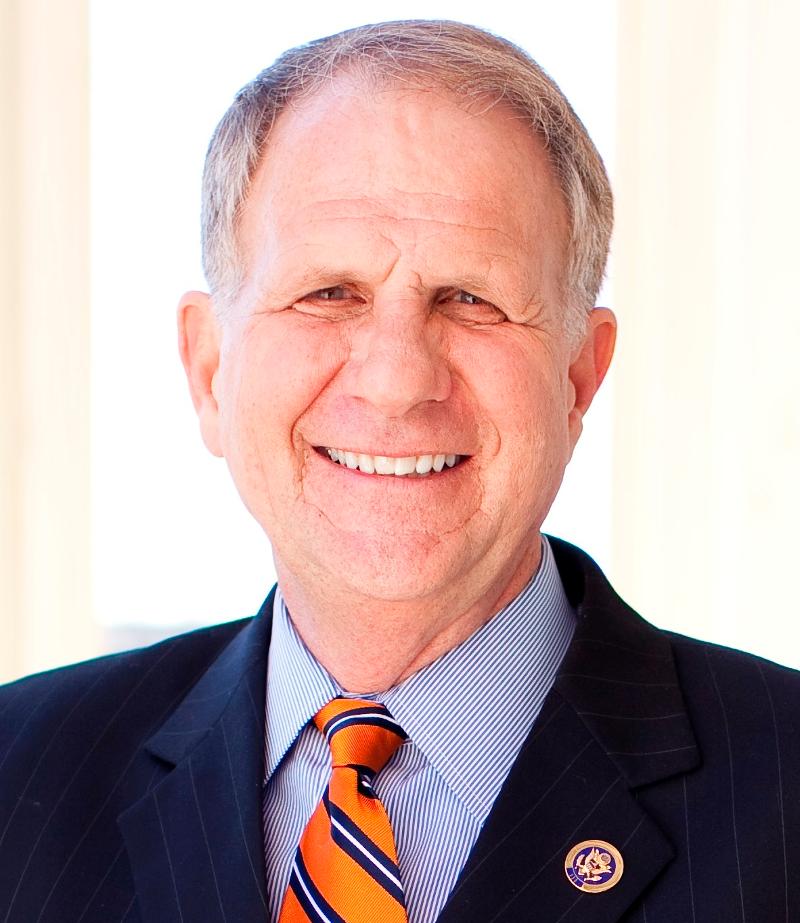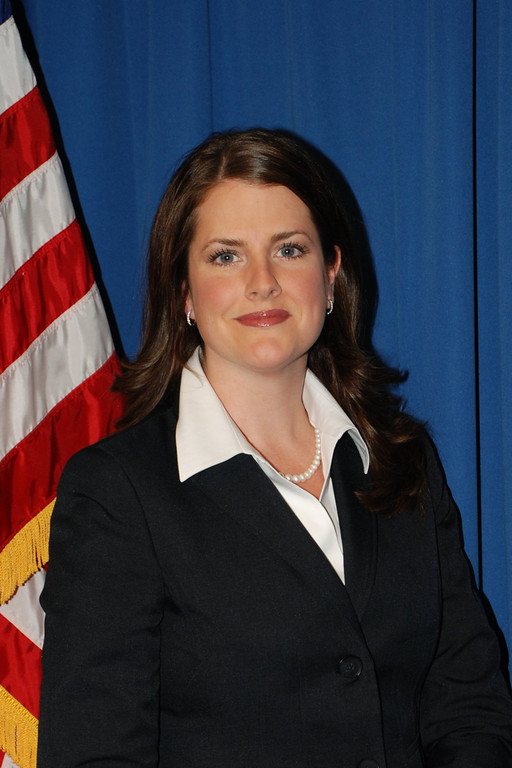Announcing the “Concert for the Innocent” a benefit/awareness concert supporting victims of child trafficking
The Defenders USA and Shared Hope will be hosting a free concert with local Vancouver and Portland bands to raise awareness about the issue of ending demand for domestic minor sex trafficking. The National Center for Missing and Exploited Children estimates that over 100,000 children are trafficked every year in the United States. According to the U.S. Department of Justice, the average age is 12-14 years old.
The concert will feature local bands and special guest speaker Mike Macintosh from Horizon Christian Fellowship in California. There will also be fun for the whole family, including dunk tanks, inflatable bounce houses, face-painting, and more.
Date/Time: August 31, 2013 from noon to 6:00 PM
Location: Marshall Park, 1009 E McLoughlin Blvd, Vancouver, WA 98663
Guest Speaker: Mike Macintosh of Horizon Christian Fellowship
Bands: Evan Wickham, Chuck Girard, Alex Ferraro, James Younger, The Fargher Lake Boys, and more!
Cost: Free!
This awareness concert is sponsored by Shared Hope, the Defenders USA, and Harvest Fest Events, and is open to the general public.
Contact
To learn more about this event, please contact
Ed Ouellette, Program Manager
PO Box 65337 Vancouver, WA 98665
Office: (360) 693-8100
Fax: (360) 695-9489
Edwin@sharedhope.org





 The average age of entry into commercial sexual exploitation is 13 years old. At
The average age of entry into commercial sexual exploitation is 13 years old. At  A new poll released by Netmums
A new poll released by Netmums





